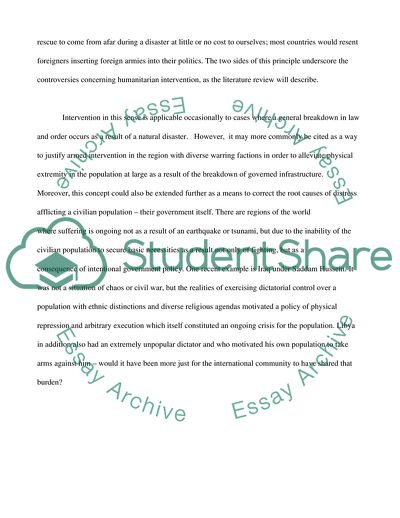Cite this document
(Just War or Just Peace Literature review Example | Topics and Well Written Essays - 2500 words, n.d.)
Just War or Just Peace Literature review Example | Topics and Well Written Essays - 2500 words. https://studentshare.org/history/1806947-see-in-order-instructions
Just War or Just Peace Literature review Example | Topics and Well Written Essays - 2500 words. https://studentshare.org/history/1806947-see-in-order-instructions
(Just War or Just Peace Literature Review Example | Topics and Well Written Essays - 2500 Words)
Just War or Just Peace Literature Review Example | Topics and Well Written Essays - 2500 Words. https://studentshare.org/history/1806947-see-in-order-instructions.
Just War or Just Peace Literature Review Example | Topics and Well Written Essays - 2500 Words. https://studentshare.org/history/1806947-see-in-order-instructions.
“Just War or Just Peace Literature Review Example | Topics and Well Written Essays - 2500 Words”. https://studentshare.org/history/1806947-see-in-order-instructions.


